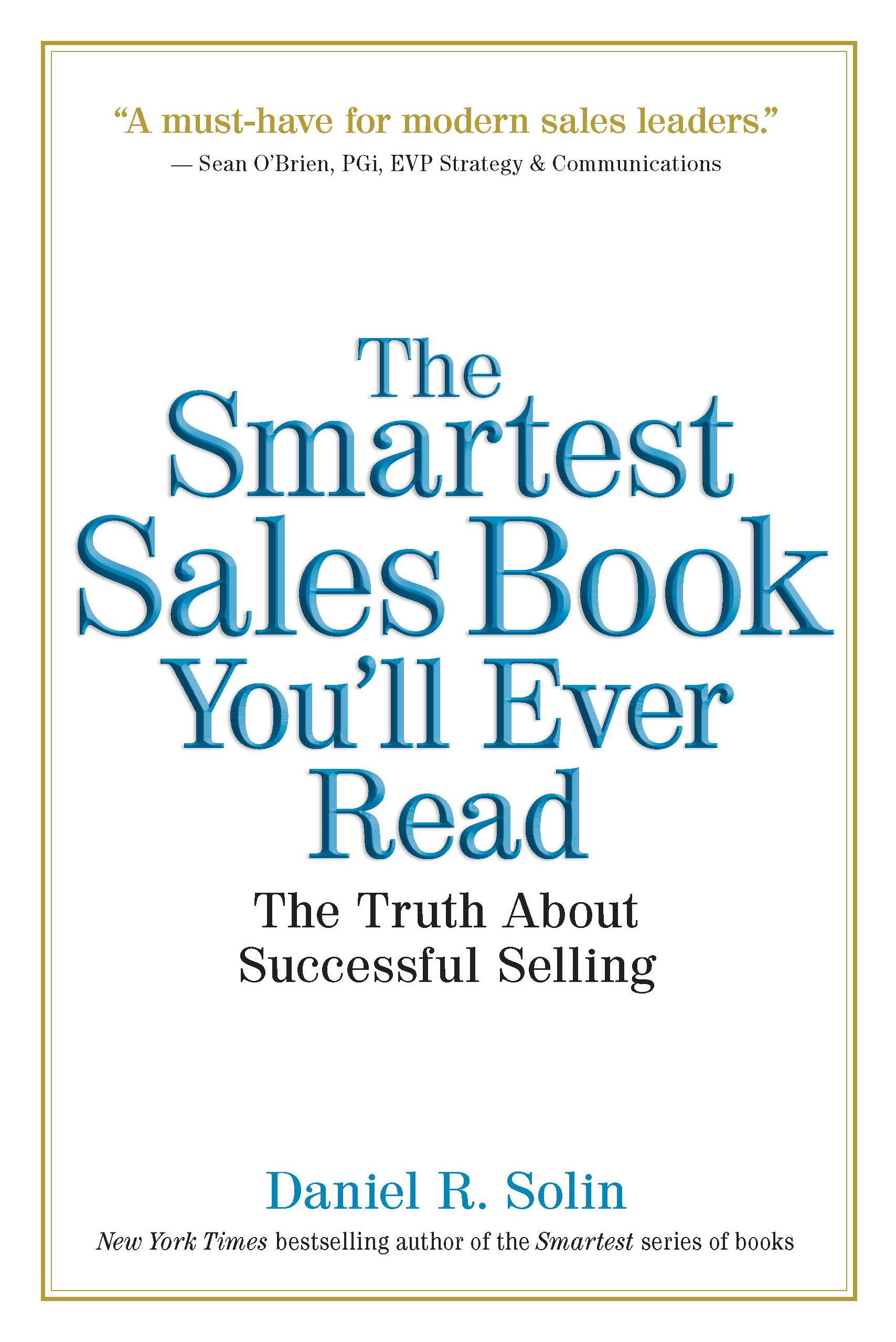Investing is a unique business. After all, you wouldn't think of buying any commercial item (like a car) without first negotiating for the lowest price. And few people would consider buying a product if they had no information about its price tag. Yet that is precisely what most investors do. They have no idea how much their retirement plans -- 401(k)s and IRAs -- or individual investments cost.
When investors are confronted with a choice about whether to keep or rollover their 401(k) plans, they face a complex decision. Should they keep it with their old employer, roll it over to their new employer or roll it over to an IRA?
Investors with non-retirement accounts also face challenges. Do you know how much you are paying for financial advice? Do you know whether there are funds available that track the same benchmark as the funds you are holding, but charge a lower management fee?
FeeX, a recent entry into the financial analysis arena (it was founded in 2012), can answer these questions and potentially save you meaningful money over the life of your accounts.
The company, which is based in New York City, was co-founded by Waze co-founder Uri Levine. It turns out that Mr. Levine was shocked to discover how much he was being charged in management fees on a retirement account. So he started FeeX "to help others fight back against the tyranny of excessive financial fees."
Here's how it works:
You open an account (which is free). You then link your investment account(s) manually or automatically to your FeeX account. FeeX has no ability to access your funds. The company then scans your account for hidden fees and tells you how to reduce, or even eliminate, as many of them as possible.
According to Yoav Zurel, the CEO of FeeX, the current average savings per user is $50,000 over the life of the account.
I accessed a demo account on the site provided to me by FeeX. FeeX looked at a hypothetical IRA, with a balance of $55,790, held at Fidelity Investments. It began by noting that Fidelity (in this example) was charging fees of 1 percent annually to manage this account. That may not seem like much, but over an assumed 37-year life of the account, it amounted to a staggering $124,113. The FeeX demo suggested sending Fidelity an email requesting a 25 percent discount. It even provided a helpful template for doing so.
It then analyzed the management fees charged by the four mutual funds in the IRA. For three of the funds, it found similar alternatives with lower fees. For all four funds, it found similar alternatives with better past returns. It's important to remember, however, that past returns do not predict future performance.
Mr. Zurel told me that, when FeeX recommends a lower-cost fund, it is at least 85 percent similar to the existing fund. FeeX takes into account more than 12 different parameters, including benchmark, to calculate a "similarity score."
Here's an example:
One of the funds in the IRA was the American Beacon Large Cap Value Fund, Investor Class (AAGPX). The fund has an expense ratio of 0.94 percent. FeeX calculated the "investor" in the demo was paying annual fees of $178.23 on the $17,847 invested in this fund.
FeeX recommended switching to the iShares Core U.S. Value ETF (IUSV), which had a similarity score of 92 percent and an expense ratio of only 0.09 percent. The investor would reduce the annual fee to a puny $17.06. FeeX estimate potential savings of $43,995 over a 37-year period.
You can also use FeeX prospectively to check fees and alternatives for mutual funds or exchange-traded funds (ETFs) you are considering. Let's assume you are thinking about investing $25,000 in a real estate investment trust (REIT) mutual fund. You found one from John Hancock, the John Hancock Real Estate Securities Fund (JIREX). If you plug that information into FeeX, it will tell you to consider the Schwab U.S. REIT ETF (SCHH) instead. It has a 95 percent similarity score, and its expense ratio of 0.07 percent is low compared to the 0.79 percent expense ratio of the John Hancock fund. Over a 30-year period, the Schwab fund is estimated to return $28,000 more than the John Hancock fund (based solely on fee differential, not raw returns). FeeX also provides performance history that compares its recommended funds to the fund you selected.
FeeX is financed by a prestigious group of investors, including Blumberg Capital and Horizons Ventures.
Ideally, all investors would be served by fiduciary retirement advisors offering low-cost, evidence-based investment options designed to help them meet their most important financial goals. But if you are not using this service, you are making a choice to remain blissfully ignorant of the fees you are being charged in your accounts.
In the interest of full disclosure, I have no affiliation of any kind with FeeX.
 Dan Solin is a New York Times bestselling author of the Smartest series of books. His latest book is The Smartest Sales Book You'll Ever Read.
Dan Solin is a New York Times bestselling author of the Smartest series of books. His latest book is The Smartest Sales Book You'll Ever Read.
The views of the author are his alone and may not represent the views of his affiliated firms. Any data, information and content on this blog is for information purposes only and should not be construed as an offer of advisory services.
